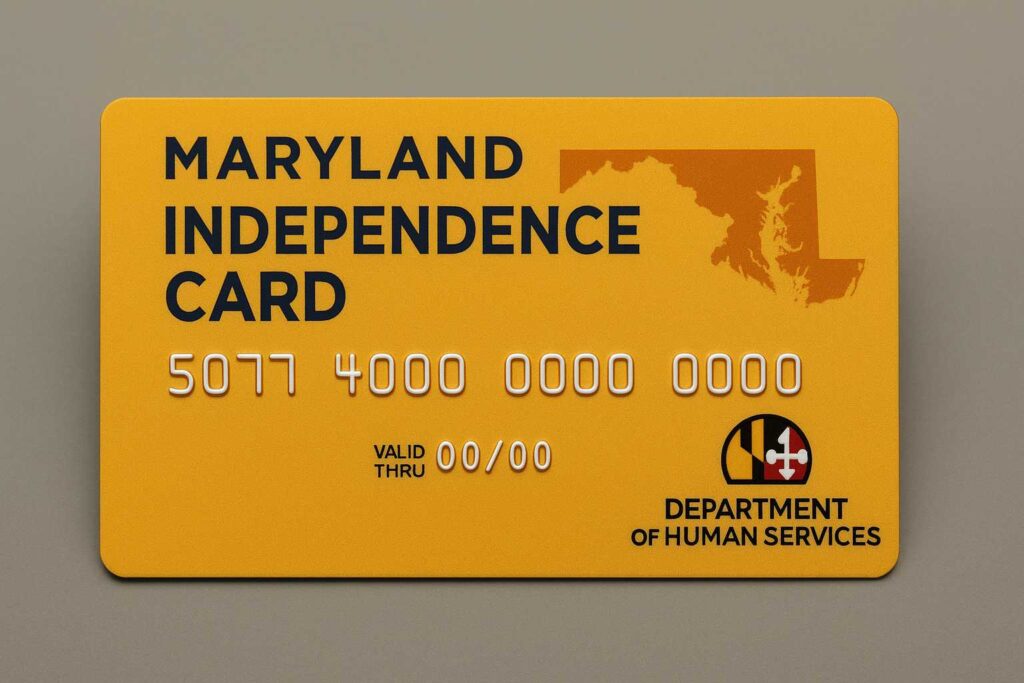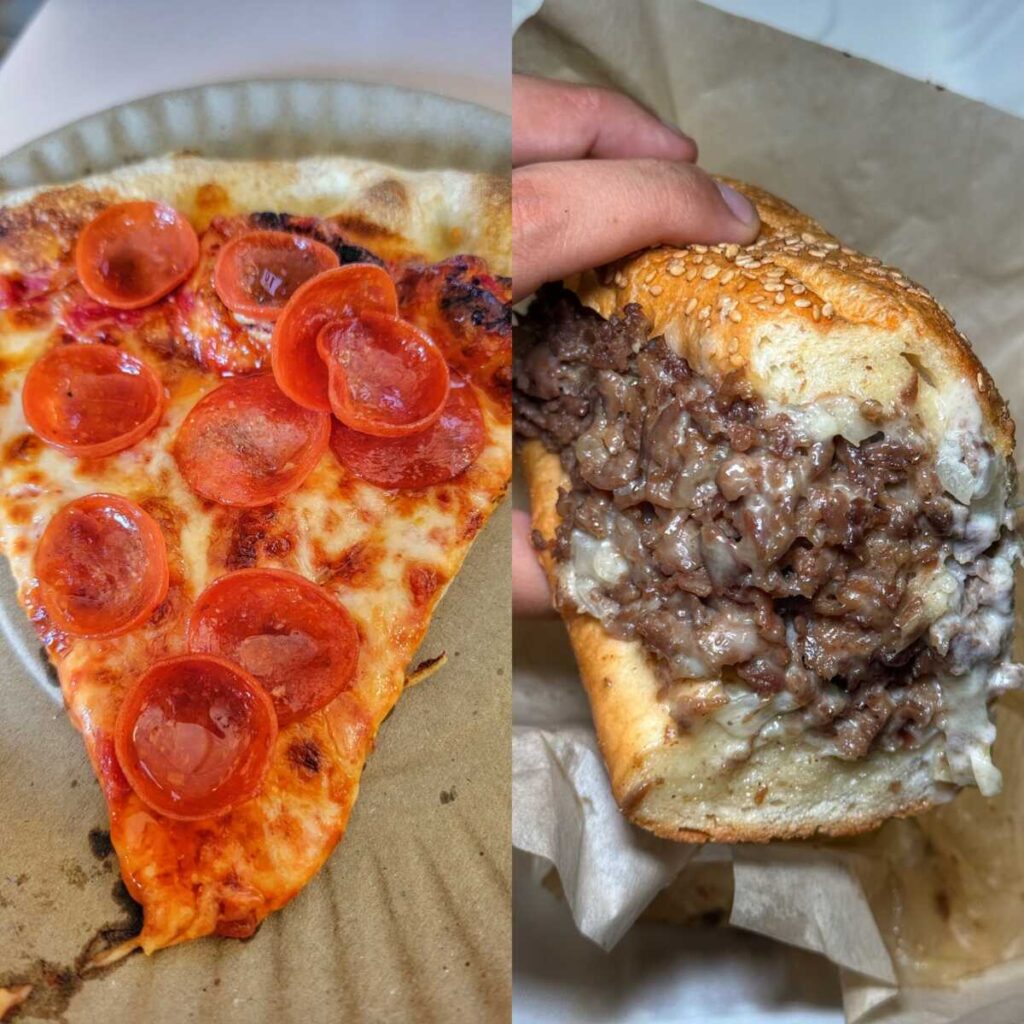In a lawsuit, Attorney General Anthony G. Brown, 20 other attorneys general, and the governor of Kentucky argued that USDA’s requirement that states disclose SNAP participants’ personal information was unconstitutional and in violation of federal privacy laws.
According to the press release that was sent out on Monday, July 28: Attorney General Anthony G. Brown, along with 20 other attorneys general and the governor of Kentucky, filed a lawsuit today contesting the U.S. Department of Agriculture’s (USDA) requirement that states provide sensitive and private data about millions of SNAP recipients. Tens of millions of low-income families nationwide get billions of dollars in food aid through the federally financed, state-run SNAP program.
According to established state and federal legislation, SNAP applicants give their personal information with the idea that it won’t be utilized for unrelated purposes. In order to force states to choose between safeguarding the privacy of their citizens and giving vital nutrition aid to those in need, USDA has threatened to withhold administrative money for the program if states do not comply. The program receives around $1.7 billion annually from Maryland, and any delay in funding may have disastrous consequences for the state and the people who depend on SNAP to put food on the table.
Attorney General Brown and the group contend in a lawsuit filed today in the Northern District of California that this demand is unconstitutional under the U.S. Constitution and many federal privacy laws.
SNAP has been in place for 60 years in Maryland and other states. It provides millions of low-income Americans with a vital safety net by granting them credits that they may use to buy groceries for themselves and their families. Over nearly 60 years, state and federal authorities have collaborated to create a strong system that guarantees benefits are only given to qualified persons. Indeed, according to USDA, SNAP has one of the strictest quality control procedures in the federal government.
Sensitive, personally identifiable information about millions of Americans is not and has never been required to be turned over by states under those systems, nor are there any significant limitations on its use or sharing with other authorities.
However, USDA issued an unprecedented request in May 2025 for states to provide vast amounts of personal data, including home addresses and social security numbers, for all SNAP applications and recipients going back five years. Sensitive, personally identifiable information about tens of millions of people, including more than 900,000 households in Maryland, can be found in just one year’s worth of SNAP recipient data. Their own findings starkly contradict the federal government’s claimed grounds for its enormous data requests, which include preventing fraud and misuse.
The federal government’s concerted endeavor to gather Americans’ personal data from all available sources in order to forward President Trump’s agenda includes USDA’s demand. Public reports suggest that since President Trump returned to the White House in January, government agencies have been gathering vast amounts of personal data about Americans and using it for unknown objectives, such as immigration enforcement.
Both the Internal Revenue Service and the U.S. Department of Health and Human Services have already given the Department of Homeland Security vast amounts of personal data, including Medicaid recipients’ private medical records and other personal information, which Maryland has already contested in court. The next phase of this campaign seems to be USDA’s efforts to gather information from states regarding SNAP applicants and recipients.
USDA’s actions are unusual, disregard long-standing limitations on the use and redisclosure of SNAP data, and jeopardize the privacy of millions of families. Maryland is prohibited by both federal and state law from sharing personally identifiable SNAP information unless it is absolutely required for program administration or in some other extremely specific circumstances. There are no such conditions here.
Attorney General Brown and the group contend in today’s lawsuit that these demands cross several federal privacy laws, violate the Spending Clause, exceed USDA’s statutory power, and do not comply with public comment and other procedural requirements for this kind of activity. The group requests that the District Court rule that the demands made by the Trump administration are illegal and prevent the administration from carrying them out.
The attorneys general of California, New York, Arizona, Colorado, Connecticut, the District of Columbia, Delaware, Hawai’i, Illinois, Maine, Massachusetts, Michigan, Minnesota, New Jersey, New Mexico, Oregon, Rhode Island, Washington, and Wisconsin, as well as the State of Kentucky, have joined Attorney General Brown in filing the lawsuit.
The complaint can be found online at www.marylandattorneygeneral.gov.











